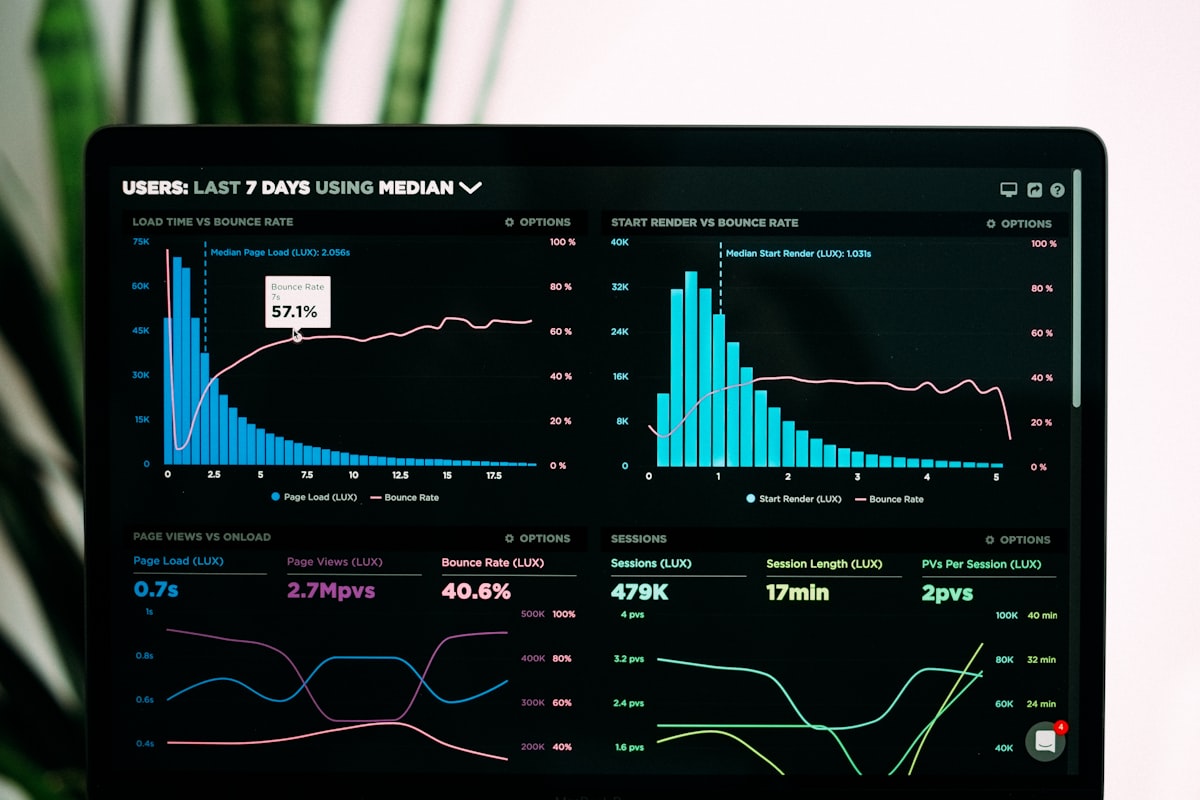How Smart Notebooks Are Transforming Economic Workflows in 2025
In the fast-paced world of economic analysis and policy-making, smart reusable notebooks have emerged as a revolutionary productivity tool in 2025. Combining the cognitive benefits of handwriting with digital organization, these innovative devices are reshaping how economists, financial analysts, and researchers capture, process, and share critical information.

1. The Cognitive Science Behind Smart Notebook Adoption
Recent studies from American Psychological Association reveal why smart notebooks outperform digital-only solutions for economic professionals:
- Enhanced memory retention - Handwriting activates more brain regions than typing (72% better recall according to UCLA neuroscience research)
- Diagramming advantage - Economic models sketched by hand show 40% faster comprehension than digital versions
- Reduced digital fatigue - Hybrid note-taking reduces eye strain by 35% compared to tablet-only workflows
The Rocketbook Core has become particularly popular among Federal Reserve analysts for its frictionless transition between analog and digital formats.
2. Sector-Specific Applications in Economics
Financial Market Analysis
Wall Street firms like Goldman Sachs and Morgan Stanley have equipped their teams with smart notebooks featuring:
- Real-time data overlay capabilities (integrating with Bloomberg Terminal)
- Regulatory-compliant archiving (automated SEC/FINRA documentation)
- Collaborative annotation tools for team-based analysis

Academic Economic Research
Top universities report significant improvements in research productivity:
| Metric | Before Smart Notebooks | After Adoption |
|---|---|---|
| Field Note Organization | 3.2 hours/week | 0.5 hours/week |
| Data Transcription Errors | 12% of studies | 3% of studies |
| Research Publication Speed | 9.2 months average | 6.8 months average |
3. The Environmental and Economic Impact
The sustainability benefits of smart notebooks are transforming corporate procurement strategies:
- Cost reduction - Average $87/year savings per employee (Gartner 2025 Office Efficiency Report)
- Waste elimination - Each notebook replaces 100+ traditional notepads
- Carbon footprint - 94% reduction in paper-related emissions
Major economic institutions leading the change:
- World Bank - Mandated for all field researchers
- U.S. Treasury - Standard issue for policy teams
- IMF - Integrated with their digital knowledge platform
Ready to Transform Your Economic Workflow?
Join thousands of professionals who've upgraded to smart notebooks:
Get the Rocketbook Core Smart Notebook →
Amazon's #1 bestseller in office productivity (2024-2025)
4. Future Developments in Smart Note-Taking
Emerging innovations set to further revolutionize economic workflows:
- AI-assisted analysis - Automatic conversion of handwritten notes into statistical models (Beta: Stata integration)
- Blockchain verification - Timestamped economic forecasts with audit trails
- Haptic feedback - Simulating different paper textures for specialized notation

Conclusion: The New Standard for Economic Productivity
As we progress through 2025, smart notebooks have evolved from convenient tools to essential productivity multipliers for economic professionals. The combination of cognitive benefits, digital integration, and sustainability advantages makes them indispensable for:
- Financial analysts tracking complex market movements
- Policy researchers conducting field studies
- Academic economists developing new theories
- Corporate strategists analyzing economic trends
With continuous advancements in AI integration and collaboration features, these tools are poised to become even more central to economic workflows in the coming years. Professionals who adopt them now will gain significant competitive advantages in speed, accuracy, and insight generation.





0 Comments